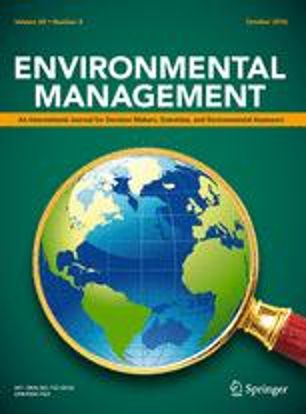Transformation has become the rallying cry of global sustainability initiatives. Governments, NGOs and private sector agendas have quickly institutionalized the, albeit inconsistent, language of transformation and roadmaps have been outlined in a wide variety of food system settings. Notably, the stated vision of the 2021 UN Food Systems Summit is to “awaken the world to the fact that we must work together to transform the way the world produces, consumes and thinks about food” (https://www.un.org/en/food-systems-summit/vision-principles). However, a parallel critical response to transformation has emerged, which warns of its latent risks. Blythe et al.1, among others, argue that transformation discourse pays insufficient attention to social differentiation, politics and power. Experience suggests that, even with the best intentions, deliberate transformation may be brought about through exclusionary processes with inequitable outcomes2,3. As such, there is an imperative, on the part of these institutions and the research community, to pay attention to the social justice implications, and emancipatory forms, of transformation.
DOI:
https://doi.org/10.1038/s43016-021-00304-x
Altmetric score:
Dimensions Citation Count:
























